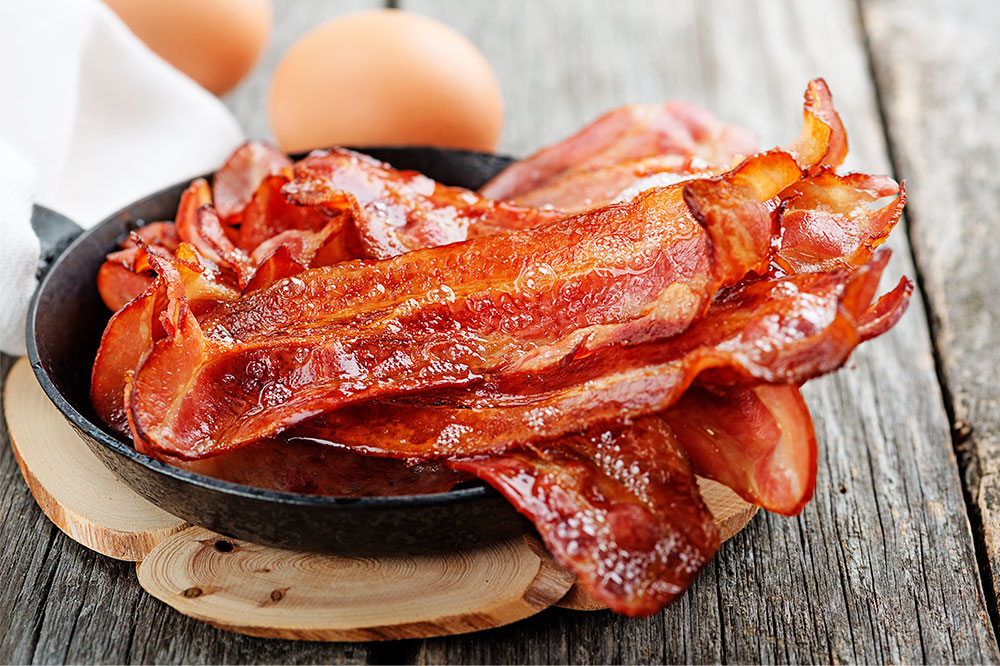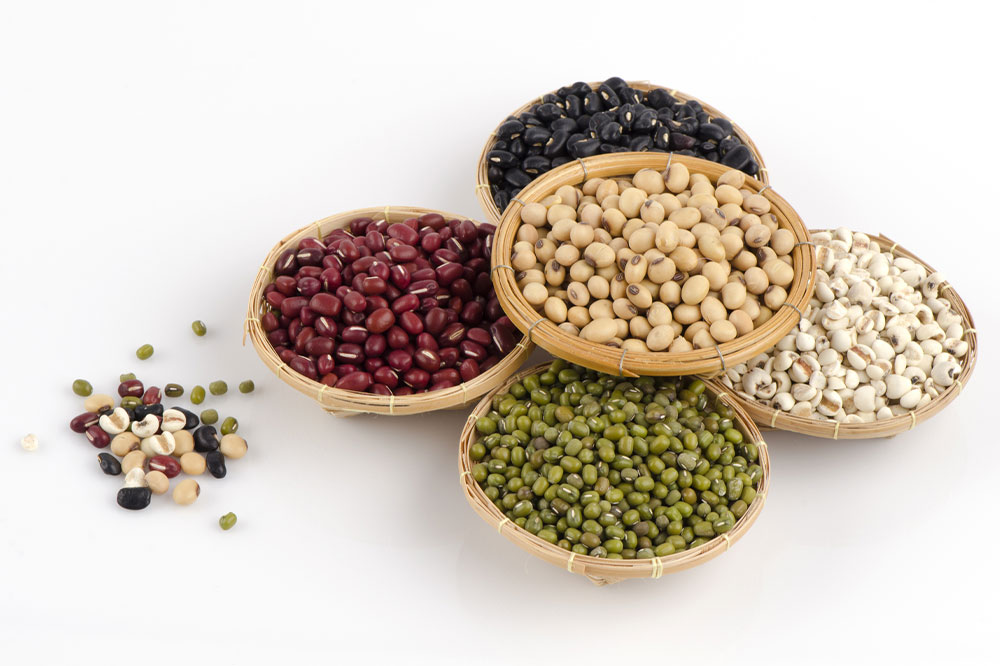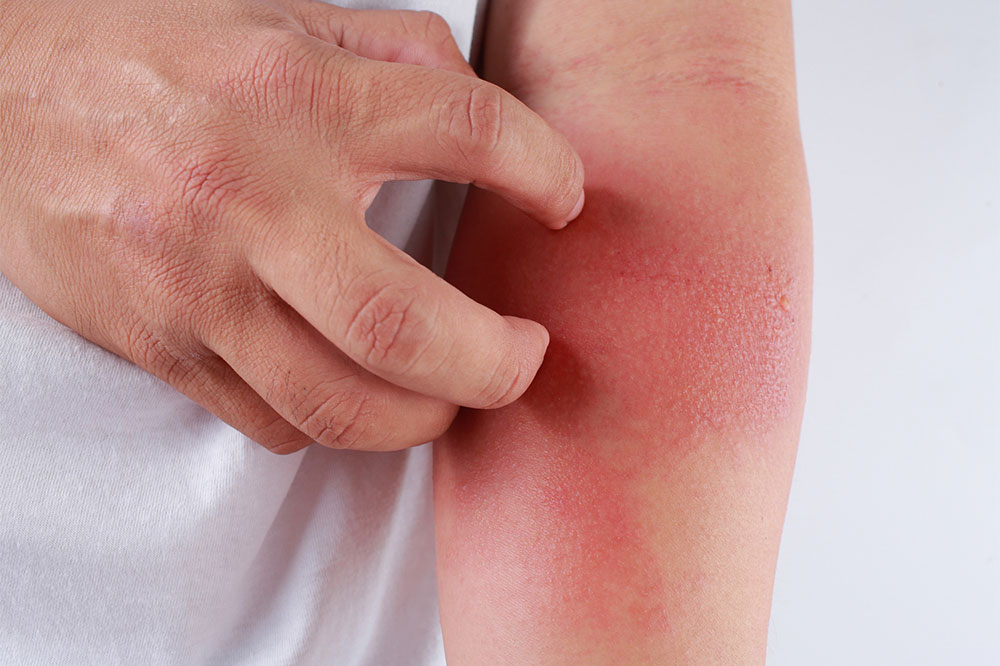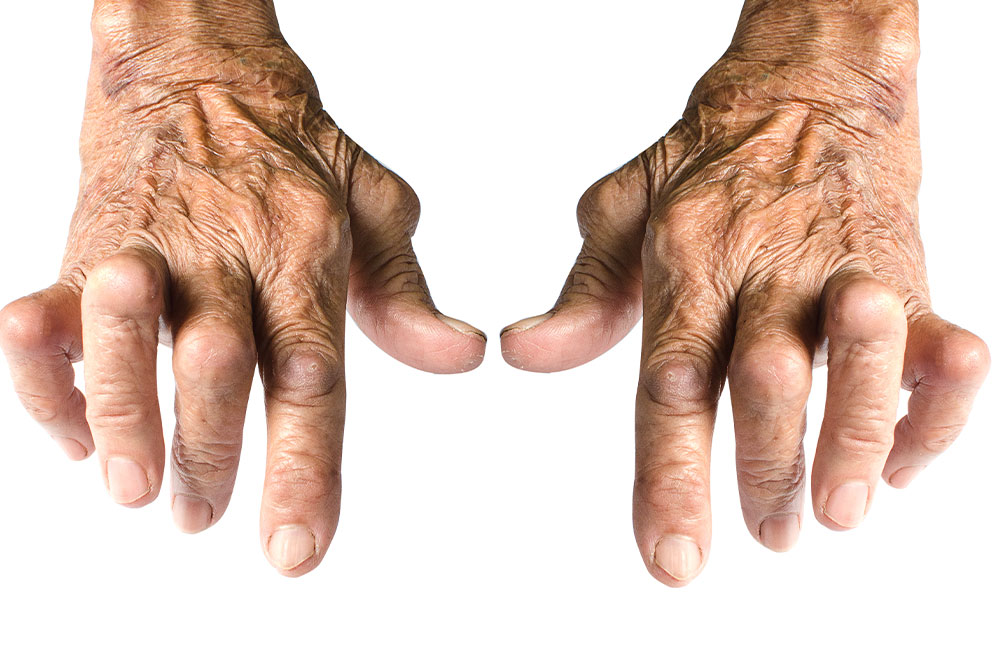5 foods to avoid for heart diseases

Food is fundamental when it comes to maintaining a healthy body and mind. Certain foods can boost our immune system, help us get clear skin, and keep our hearts healthy. But on the other hand, some foods can wreak havoc and increase the risk of developing cardiovascular conditions. So if you’re at risk of heart disease, it is crucial to change your eating habits. Thus, here are some foods to avoid regarding heart diseases.
Bacon and other processed meats
Bacon and other processed meats are bad for heart diseases and other cardiovascular conditions. When it comes to bacon, more than half of its calorie count comes from saturated fats. Saturated fats are very bad for the body and especially the heart as they increase the levels of low-density lipoproteins. Low-density lipoproteins are also commonly referred to as LDL or bad cholesterol. These increased cholesterol levels can lead to an increase in the number of heart blockages. Those with high cholesterol levels are also prone to heart attacks and strokes. Additionally, bacon is rich in salt and other preservatives, which can increase blood pressure and make the heart work harder. High amounts of sodium, which are found in processed meats, have also been linked with other heart diseases and heart failure.
Red meat
When following a healthy lifestyle and food plan, doctors and nutritionists typically suggest white meats. This includes foods such as fish, chicken, and turkey. Patients are also asked to avoid red meats such as beef, lamb, and pork. This is because red meats are not the most healthy choice of food. They contain loads of saturated fats, which boost cholesterol and even have a negative effect on gut bacteria. The high amounts of saturated fats can lead to increased levels of cholesterol in the body, which can lead to strokes and heart failure. So, if red meats are an integral part of daily meals, it is important to limit these portions. Of course, it is simply safer to completely avoid such meats and instead opt for lean cuts.
Carbonated drinks
Carbonated drinks should also be avoided when attempting to lead a healthy lifestyle. They contain high amounts of carbon gas, which can accumulate in the stomach. This can lead to stomach acidity, cause belching, lead to food coming up through the food pipe, and a sour taste in the mouth. Carbonated drinks can also increase the risk of heartburn and make the individual feel constantly uncomfortable. These are some of the known side effects of drinks such as soda. But, what many need to learn is that such drinks also come with high amounts of sugar. In fact, most soda cans come with more than the recommended amount of sugar consumed in an entire day. High amounts of sugar can lead to increased body mass and increase the risk of conditions such as diabetes, high blood pressure, and, most importantly, heart disease.
Baked goods
Baked goods make for filling snacks and treats. But, when it comes to people with heart disease, these should be rare meals. This is because they are full of sugar, which has been linked with diabetes, and higher levels of triglycerides, which are known for causing heart diseases. Instead, it is safer to opt for healthy treats with whole-wheat flour and low amounts of sugar.
Butter
Butter and other such dairy products are typically very rich in saturated fats. This can increase bad cholesterol and lead to heart blockages and heart attacks. Instead, replace butter with olive oil or vegetable-based spreads as they contain polyunsaturated and monounsaturated fats.
To treat certain heart conditions, doctors may suggest treatment procedures such as angioplasty and TAVR (Transcatheter aortic valve replacement) which helps with aortic regurgitation. Doctors may test the condition of the heart via procedures like an angiography before suggesting treatments. It is imperative to maintain healthy food and lifestyle habits to supplement the treatment to ensure a speedy recovery.




